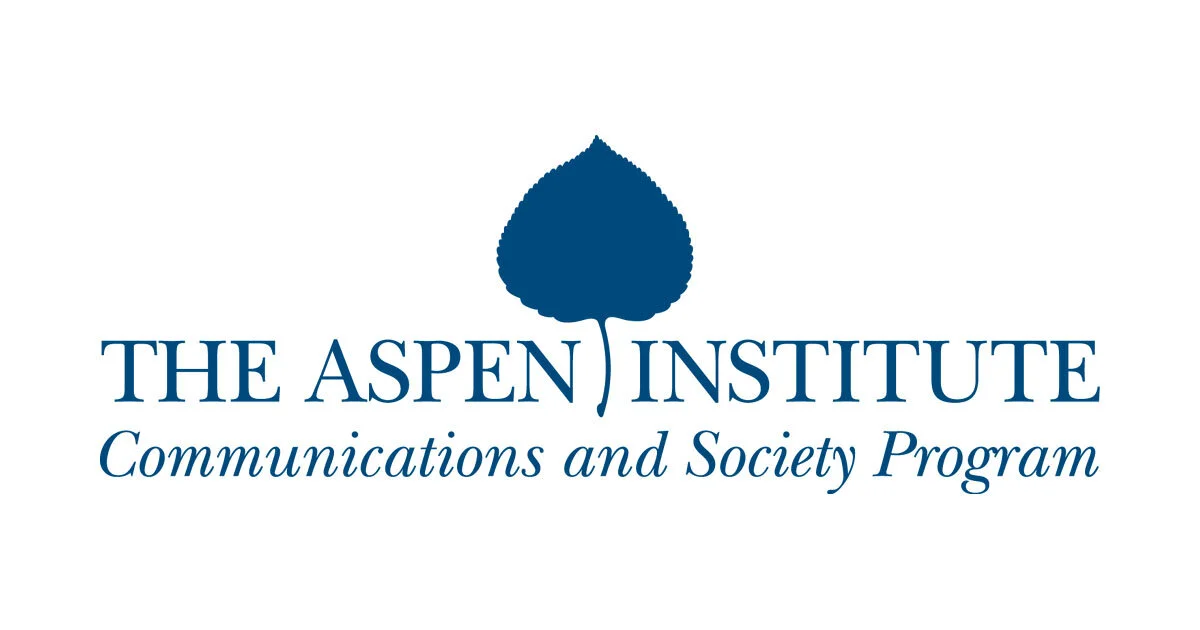It's the way Trump has discussed various groups of people, along with his non-existent education platform, that leads John Bailey, the vice president for policy at the Foundation for Excellence in Education (founded by former Gov. Jeb Bush), to swear off working for or providing counsel to Trump.
"I just don't believe he has an agenda," Bailey said. "It troubles me greatly how dismissive he is of many key groups, whether it's women, immigrants, or minorities."
Unleashing Entrepreneurial Energy to Transform Education
This emerging generation of entrepreneurs is blurring the lines between purely social or business interests as demonstrated by the rise of Silicon Valley companies tackling societal challenges ranging from greentech to healthcare to education. These social entrepreneurs are often driven by a double bottom line of measuring success not just based on traditional business metrics but also social outcomes. Within this wave of social entrepreneurs are individuals launching ventures aimed at solving difficult challenges within our education system. They strive to address pain points and frustrations for teachers, improve the learning experience for students, offer parents new ways to help their child, or reimagine the way instruction can be delivered using games.
There are thousands of entrepreneurs just waiting to bring innovations to education. The question before us is if our nation will give them the opportunity to do so.
Aspen Institute Taskforce on Learning and the Internet: Learner at the Center of a Networked World
The Aspen Task Force on Learning and the Internet, with support and guidance from the John D. and Catherine T. MacArthur Foundation, is a group of 20 innovative and respected minds in technology, public policy, education, business, privacy and safety. The Task Force’s goal was to understand the ways in which young people learn today and to optimize learning and innovation within a trusted environment.
Six Recommendations for Learning in the Digital Age
The 20-member task force, which includes three former Federal Communications Commission leaders, made six recommendations comprising 26 action steps for policymakers, education leaders and others in a report released on Tuesday, June 17. But the central idea of this report is that learning should revolve around the student, not the institution of school.






